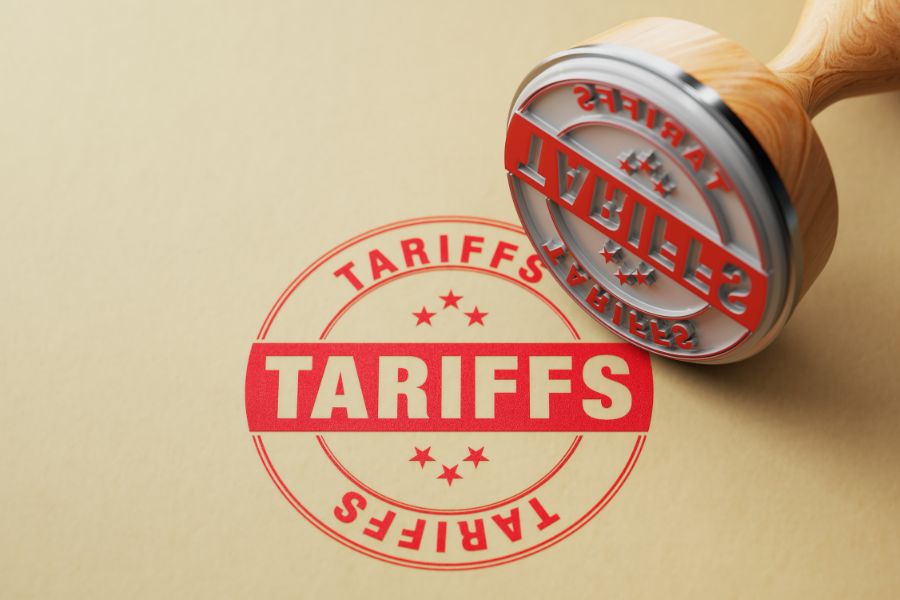A recent ruling by a federal appeals court has reinstated previously suspended import tariffs, overturning an earlier decision by a U.S. trade court. This shift in the legal landscape is expected to escalate tensions in an already volatile global trade environment, further complicating negotiations that are fraught with uncertainty. The full impact of this decision remains unclear, with many countries questioning how the reintroduced tariffs will affect ongoing trade talks and whether they will alter the terms of agreements that were set to be finalized.
The reimposition of these tariffs comes at a time when the U.S. economy is already grappling with significant fragility. Concerns over fiscal policy and the broader financial environment are mounting, exacerbating the economic challenges. U.S. financial markets are navigating a precarious political climate, with a proposed fiscal bill currently under debate. The bill includes changes to capital tax rates, which have raised alarms about the potential for a “capital war.” Shifting tax policies and the reintroduction of tariffs could prompt foreign investors to reconsider their positions, leading to capital outflows and further complicating the delicate economic situation.
Economic indicators suggest a slowing U.S. economy, with several key sectors showing weaker-than-expected growth. These troubling signs have fueled speculation that the Federal Reserve may soon opt to reduce interest rates in an effort to stimulate economic activity. While lowering interest rates could make borrowing more affordable for businesses and consumers, it would also signal that the economic recovery is not as robust as many had hoped. This decision could be pivotal, as it would require the U.S. government to carefully manage its domestic policies while also navigating the delicate terrain of international trade relationships.
The combination of reintroduced tariffs, a contentious tax reform debate, and the ongoing economic slowdown has created an atmosphere of heightened uncertainty. As these issues converge, they are expected to strain relations with key global trading partners, intensifying tensions that could lead to more unpredictable outcomes in international commerce. Businesses and governments around the world are closely monitoring these developments, as the potential for escalating trade disputes remains high. These tensions could jeopardize global economic stability, making it increasingly difficult for countries to cooperate on long-term growth strategies.
In this volatile environment, the need for clear and consistent trade policies has never been more urgent. The renewed uncertainty surrounding tariffs, tax reforms, and the broader economic landscape underscores the importance of international cooperation in maintaining global economic stability. As the situation unfolds, the stakes are rising for both domestic and international markets, with the future of global commerce hanging in the balance.


